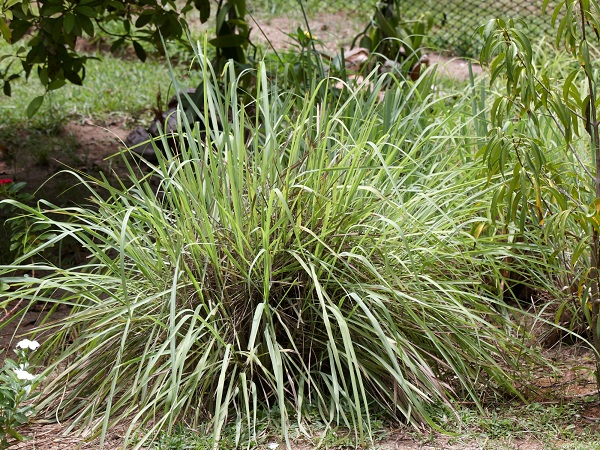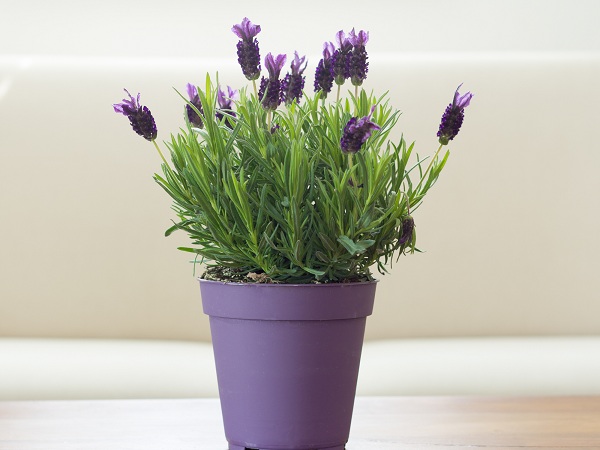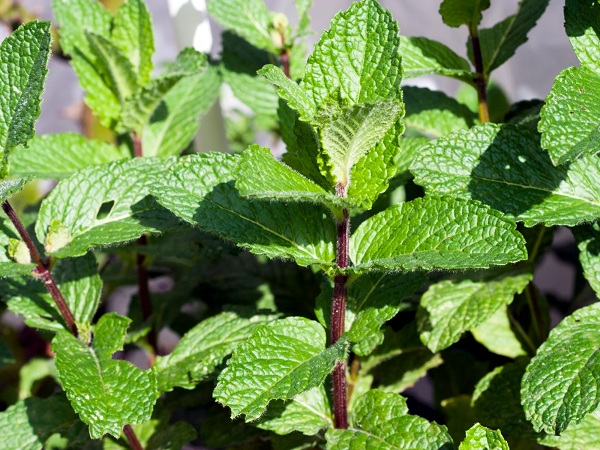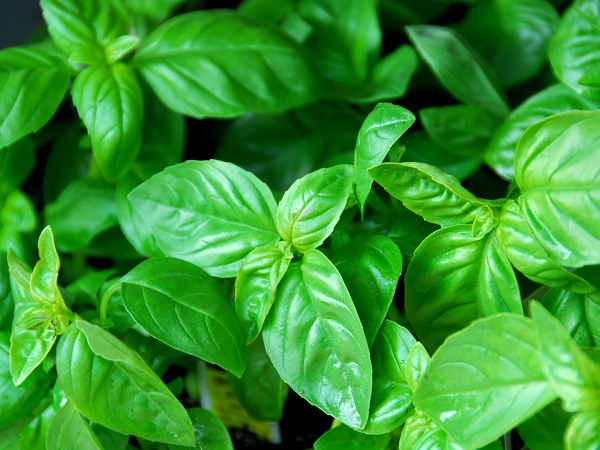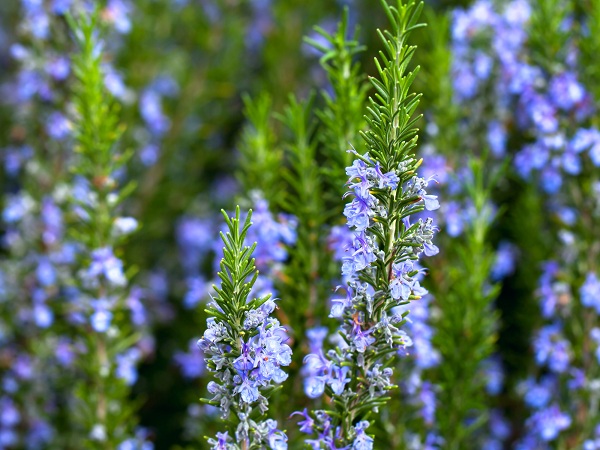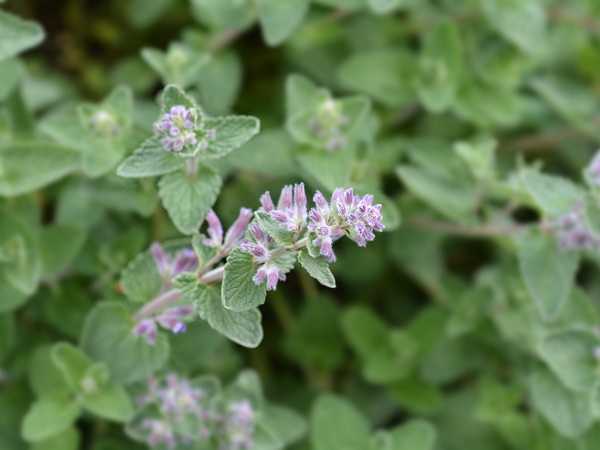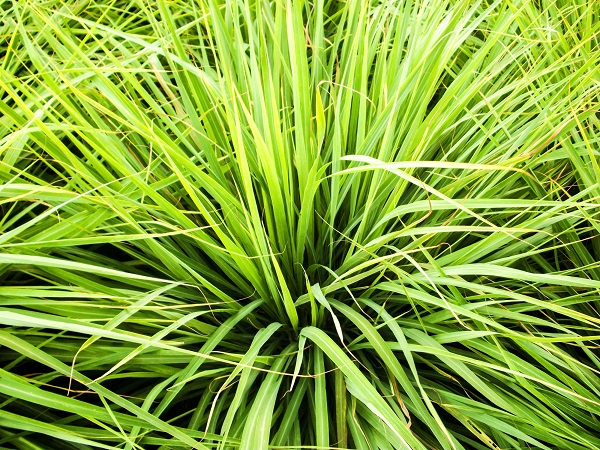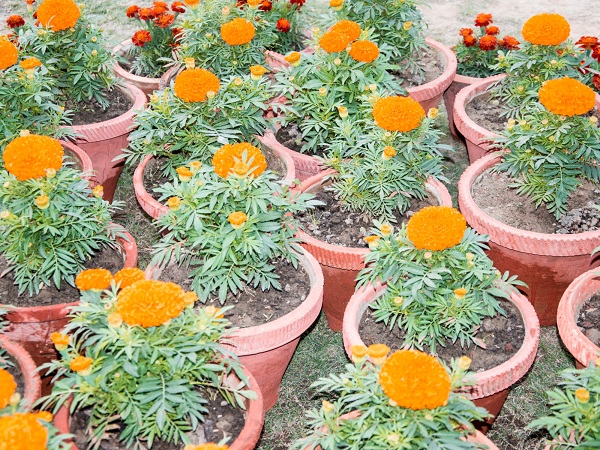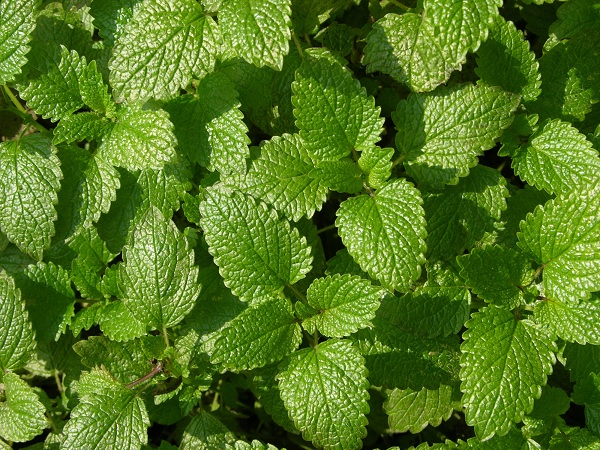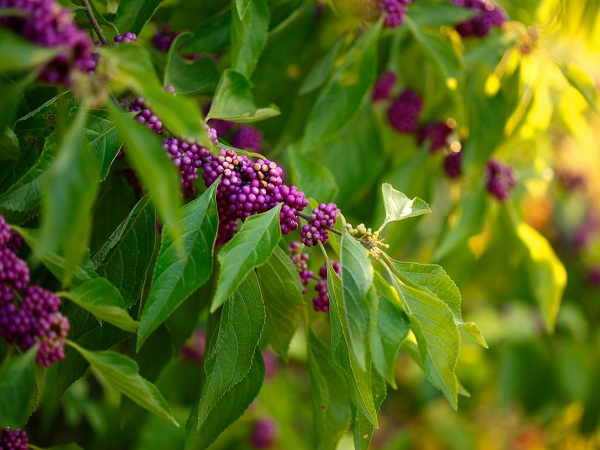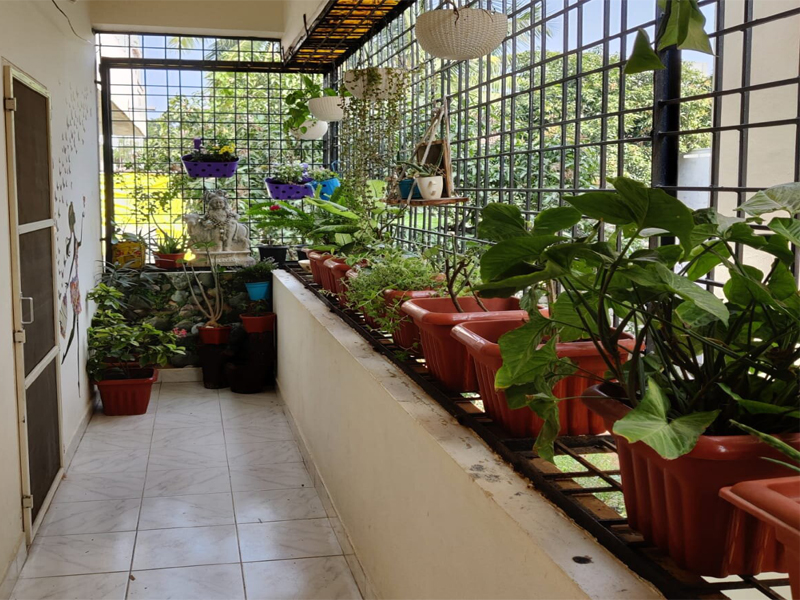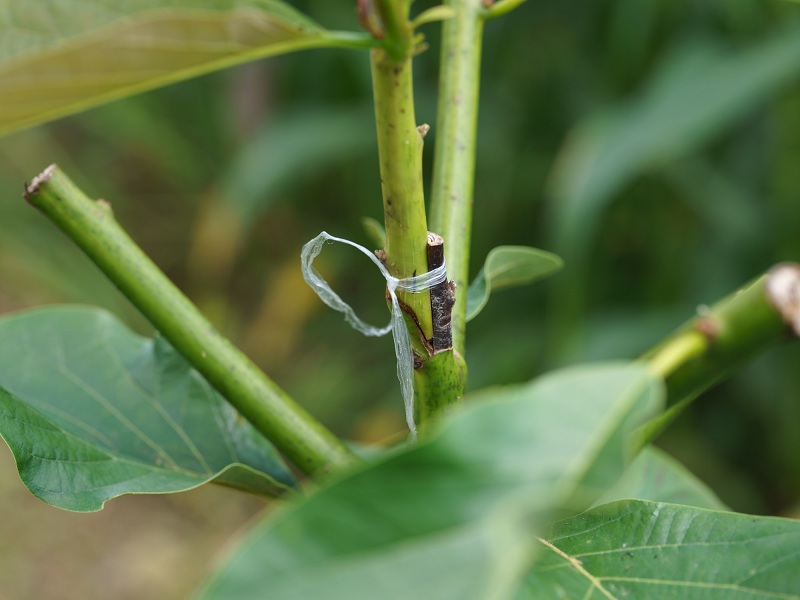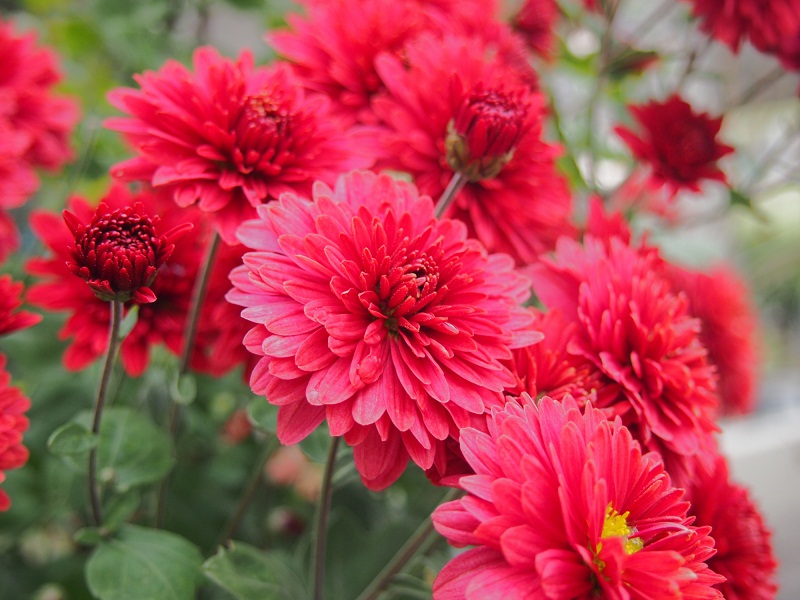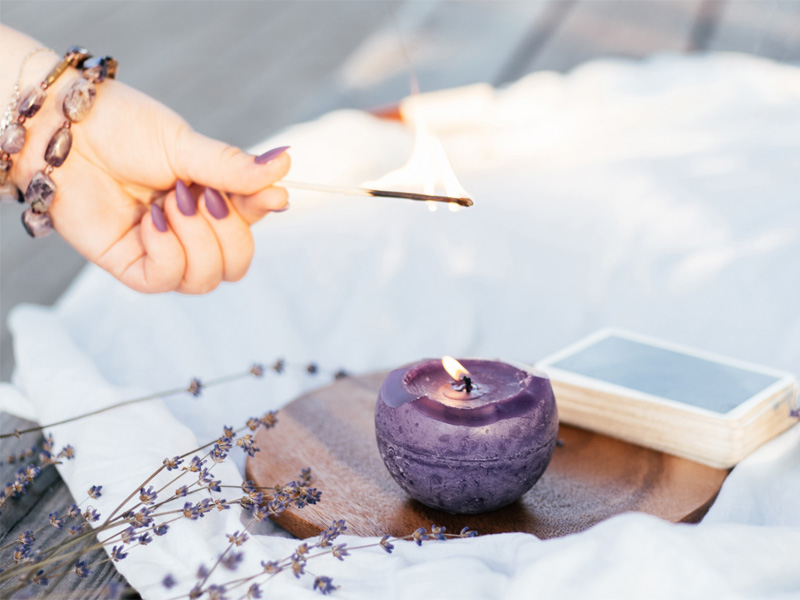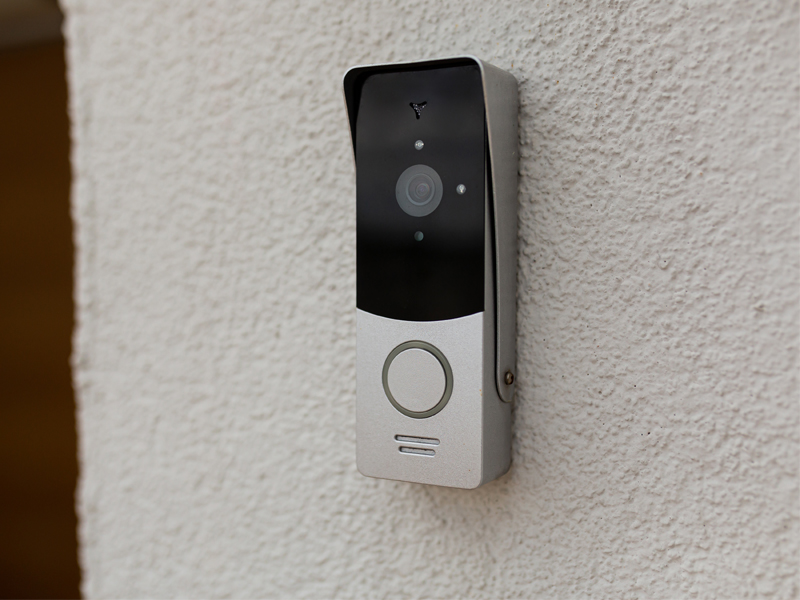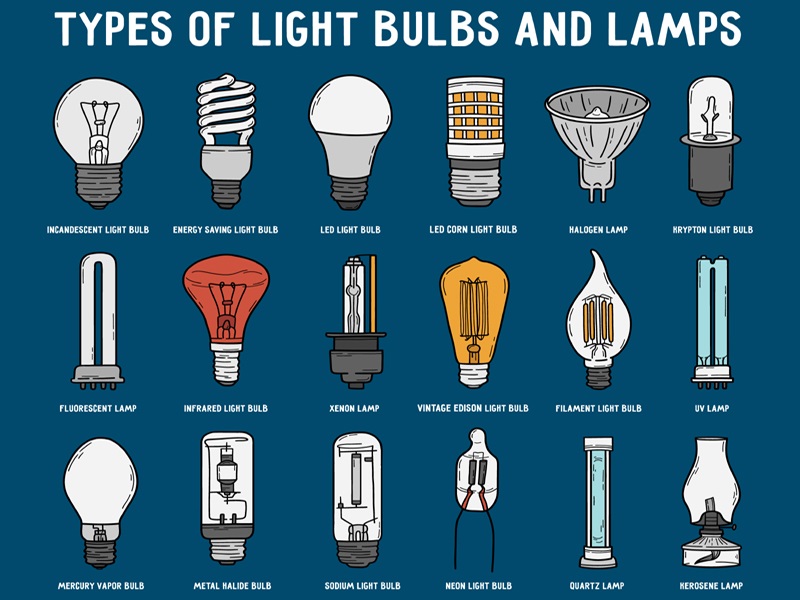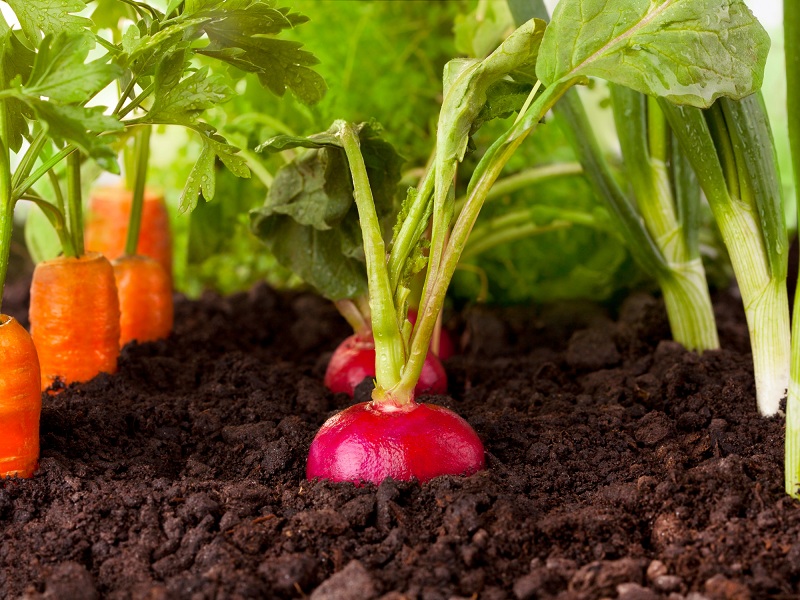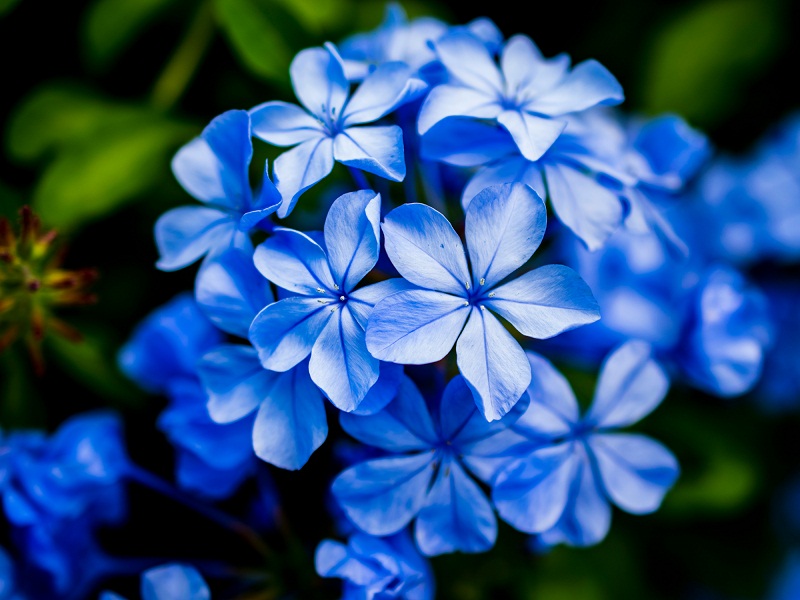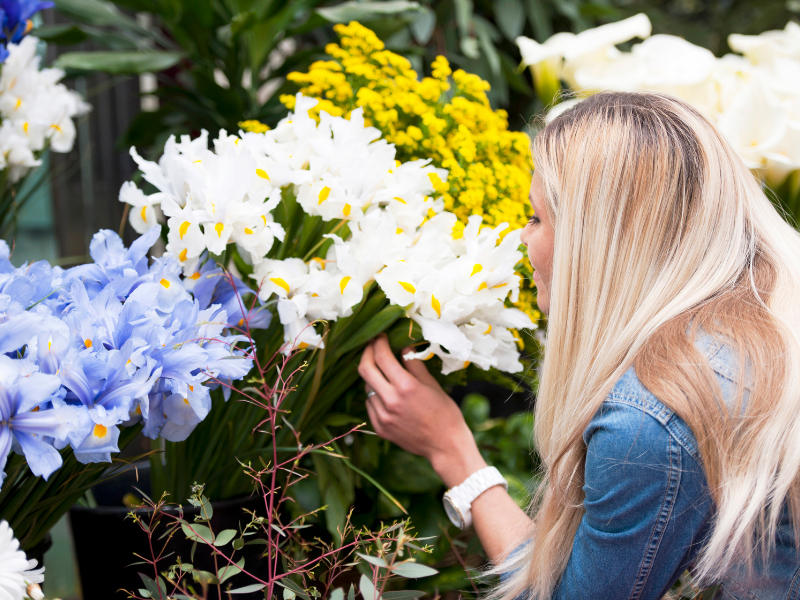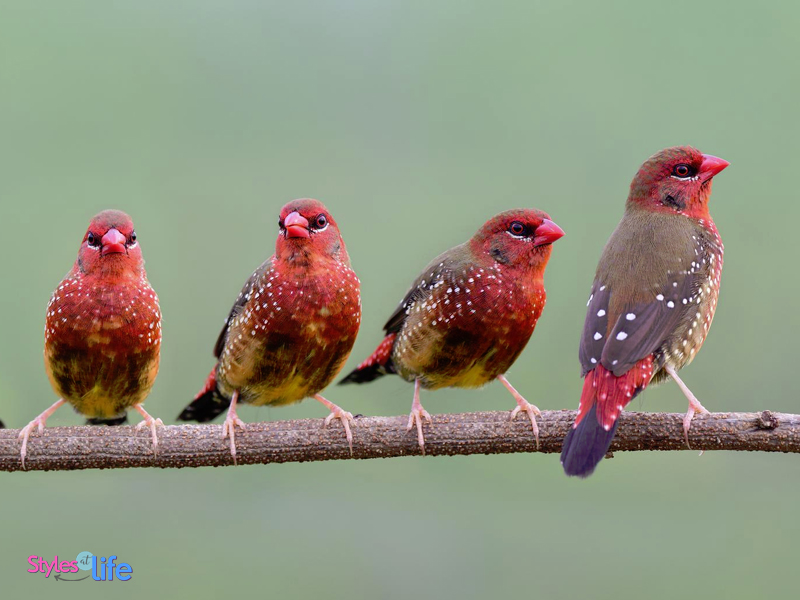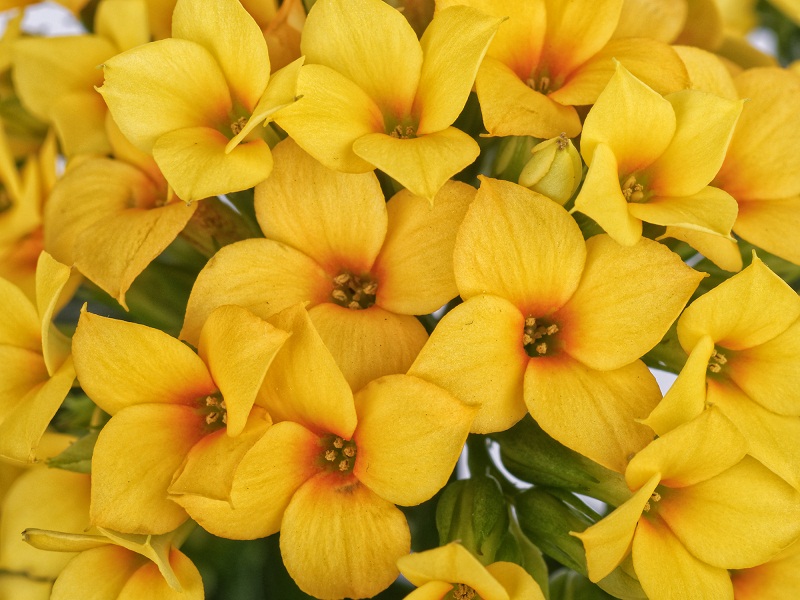There is a steady increase in people placing plants inside and surrounding their homes, whether for decorative purposes or other benefits. But did you know some plants can be more than just ornamental pieces? For example, mosquito repellent plants have mosquito repelling properties, hence the name. These plants keep the bugs at bay while acting as an eco-friendly hack. These naturally fragrant plants not only keep your garden filled with wonderful scents but also keep annoying mosquitoes away. So add any of the plants mentioned in this article into your home garden without further ado and see the difference. Read on!
Do Mosquito Repellent Plants Really Repel Mosquitoes?
Like many bugs and creatures, mosquitoes are generally attracted to things they need to survive, including some plants. But, believe it or not, not all mosquitoes bite except for female ones, which feed the blood to their eggs by taking from animals and humans. But Mosquitoes are attracted to certain plants such as taro, papyrus, water lilies and water hyacinths because of their nectar.
Some mosquito repellent plants mask your scent and confuse the mosquitoes with their potent and strong smell. But the smell of these plants doesn’t just cover the yard. To reap the maximum benefits of mosquito repellent plants, take a few leaves, crush them and apply them to your legs and arms. But remember that this option is a non-starter for sensitive folks or skin allergies.
Top 10 Mosquito Repellent Pants:
We have listed some of the popular and best mosquito repellent plants that work best in keeping bugs at bay while exuding beautiful fragrances.
1. Citronella Mosquito Pepellent Plant:
Scientific name: Cymbopogon nardus.
Citronella grass is widely used as a natural bug repellent attributed to the citronella oil derived from the plant. Although the oils are not released when the plant grows, they are a popular bug-repellent choice in many homes.
Citronella grass is native to tropical areas of Asia and typically reaches 6 feet in height. Therefore, the citronella oil extracted from the plant is used in many bug repellent sprays. In addition, it is one of the easiest plants to maintain and grow because it thrives in different soils and climates.
2. Lavender Repel Mosquitoes :
Scientific name: Lavandula.
Lavender is one of the plants that repel flies and mosquitoes with its fragrant appeal. This is the best natural way to get rid of mosquitoes. Whether in pots or borders, it is easy to grow lavender plants. These plants thrive in warm, dry summers because they are Mediterranean plants. However, you can consider growing them indoors because of their heavenly fragrance and bug-busting properties. For the Lavender plant to look the best, prune them because they tend to get leggy after a few years.
3. Mint Plant for Mosquito Repellent:
Scientific name: Mentha.
Mint is one of the natural mosquito repellent plants that has a beautiful scent. This plant’s speciality is that it is in addition to any kitchen and can also be grown indoors. Mint is also highly effective in deterring pests because of its sharp scent. In addition, it is prized for being a digestive aid. It is a highly versatile herb with various culinary and medicinal uses. The pest-fighting properties of mint come from menthol, which controls mites, and mosquitoes repelling them thoroughly.
4. Basil Mosquito Repellent :
Scientific name: Ocimumbasilicum.
Basil is one of the best plants to repel mosquitoes, which works well indoors and outdoors. The plant deters mosquitoes and flies with its strong scent and being the most aromatic culinary herb, Tulsi is used to purify the air to produce oxygen, it is a good air purifying indoor plant in India. Basil serves as a mosquito-repellent plant while enhancing the flavour of the other plants. Applying essential oils extracted from basil leaves (tulsi leaves) can relieve skin itching caused by mosquito bites. The plant is not just popular in pesto or pizza toppings; it is also considered the holy plant in many cultures.
5. Rosemary Plants That Keep Bugs Away :
Scientific name: Salvia Rosmarinus.
A rosemary bush is a perfect plant that repels bugs, especially if you have a dry corner of your garden or windowsill that gets full sun. The plant has a distinctive scent that drives insects away and is an edible herb. If you are worried about stray cats, rosemary can be a perfect option to keep them away. Although rosemary is a delicious addition to a Sunday roast, rosemary is far less appealing to mosquitoes while highly attractive to bees and other precious pollinators.
6. Catnip Mosquito Repellent Plant:
Scientific name: Nepeta cataria.
Catnip is one of the plants that keep mosquitoes away, and the property is attributed to an essential element called nepetalactone. Many store-bought bug sprays have nepetalactone, essential oil in catnip. This plant grows very tall, so if you want to plant them in your garden, make sure they don’t block your view. Cats might hang out around the catnips in your garden. But you might have to look elsewhere if you are allergic to cats or are a dog owner.
7. Lemongrass:
Scientific name: Cymbopogon.
Lemongrass is a popular plant to get rid of mosquitoes and is a widely used fragrant grass in Asian cooking. However, this plant contains its own essential oil, which mosquitoes dislike and is closely related to citronella grass. Lemongrass has a white base and a yellow-green colour. When planted in containers, the growth of lemongrass is restricted. However, in cold weather, the plant can be moved indoors.
8. Marigold Keep Bugs Away:
Scientific name: Tagetes.
Marigold is one of the flowering plants that keep bugs away. These beautiful flowering plants add dashes of bright reds, yellow and orange colours to the garden though they might look simple. Unfortunately, the scent of these flowers is unattractive to mosquitoes while attractive to the human nose. Marigold plants are easy to maintain and look beautiful on the doorways, windows or anywhere near the common mosquito entry points.
9. Lemon Balm Mosquito Repellent :
Scientific name: Melissa officinalis.
Lemon balm is a mosquito repellent indoor plant similar to Citronella because of a citronellal compound. It is one of the plants that repel mosquitoes because of its lemony scent, which bugs dislike. Because of their invasive properties, it is suggested to be cautious when planting lemon balm in your garden. Therefore, planting lemon balm in pots is recommended and placing it in areas where there is a need to control the mosquito population.
10. American Beautyberry:
Scientific name: Callicarpa americana.
American Beautyberry is one of the plants that deter mosquitoes native to the southern United States. These berries are loved by birds and can be used in wine and jellies. But this plant’s leaves have callicarpenal, a chemical compound that has mosquito-repellent properties. It is also a great tick-deterrent which is an added bonus. All you have to do is crush and rub the leaves on your skin which helps deter mosquitoes.
With all the details presented in this article, we hope making a choice of planting the right one has become easier. Whether on your balcony or in your backyard, mosquito repellent plants can help you relax while sipping a cup of tea. But make sure you choose the plant which suits your climatic conditions. Don’t forget to let us know if you found the article helpful!
Frequently Asked Questions:
1. Which is the most hated plant by mosquitoes?
Ans: One of the most widely hated plants by mosquitoes is Citronella. But this plant is effective only when its natural oils are released. Many commercial insect sprays use the natural oils from Citronella.
2. How effective are electronic mosquito repellents?
Ans: The effectiveness of electronic mosquito repellents is an ongoing debate. Although many individuals have anecdotal evidence, scientists haven’t found any supporting evidence to prove the same. However, many people get irritated with the sound of ultrasonic electronic mosquito repellants.


